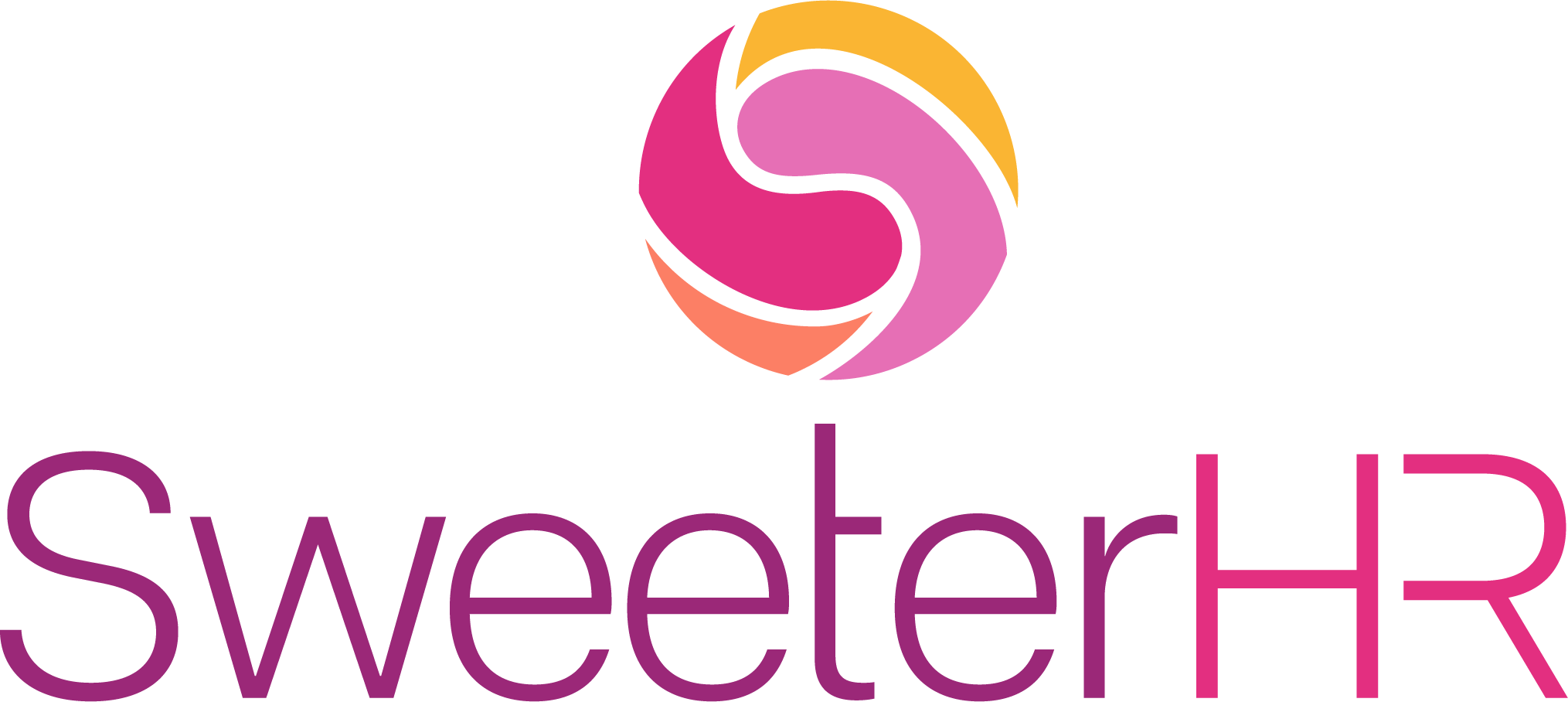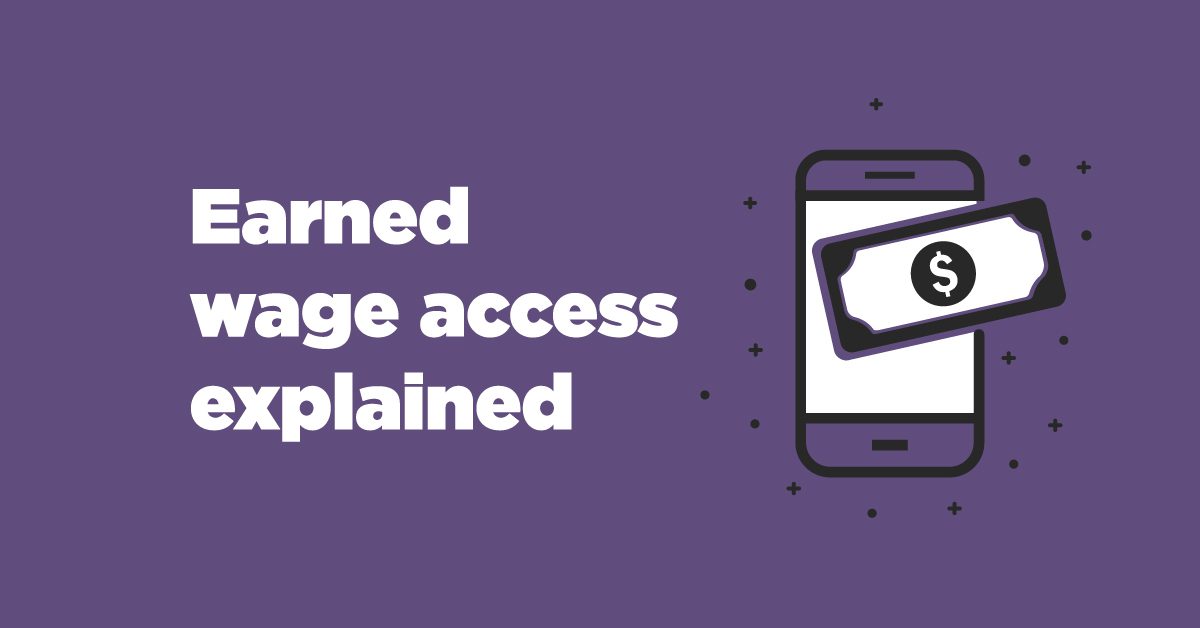The new pay transparency law in California requires employers with 15 or more employees to include salary on all job postings and employers with 100 or more employees must report pay data for existing employees. Pay data reports include the median and mean hourly rate for demographics, due on May 10, 2023 to the Civil Rights Department.
Whether your company falls under the pay transparency law or not it is important for you to understand where your company is falling short. Salary benchmarking may sound overwhelming but it can be helpful in attracting and retaining top talent. Some benefits include;
Attracting and Retaining talent
Increased motivation
Establish trust and loyalty among employees
Reduce pay inequality
We suggest taking the time to collect employee data including salaries, job responsibilities, and demographics (race, sex, sexual orientation, and education), then comparing it to your organization and similar companies to remain competitive.


